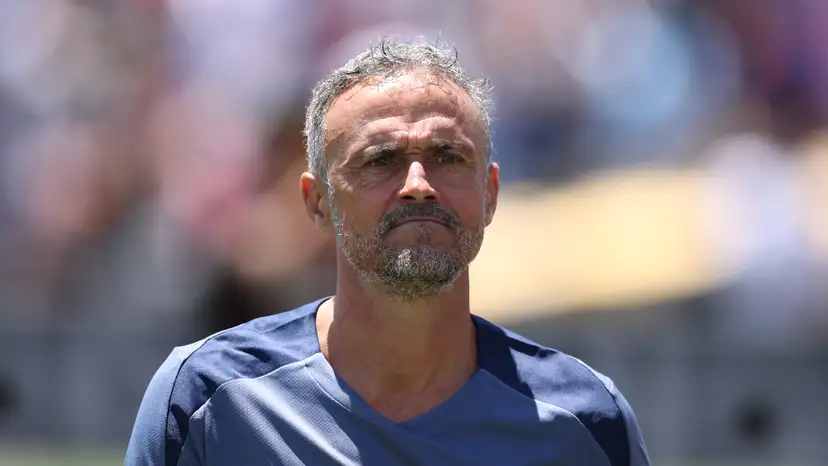
PSG Cruise Past Atletico Madrid, But Club World Cup Heatwave Sparks Player Outrage
Luis Enrique and Vitinha call out midday kick-off conditions after dominant PSG win
Paris Saint-Germain kicked off their 2025 FIFA Club World Cup campaign with an emphatic 4-0 victory over Atletico Madrid in Pasadena, California. On paper, the result was a dream start for Luis Enrique’s side—a comprehensive win against one of Europe’s most physical outfits, showcasing PSG’s growing strength and fluidity. But as the final whistle blew, the conversation quickly shifted away from goals and tactics. Instead, the spotlight turned to the sweltering conditions on the pitch.
With temperatures nearing 40°C and humidity levels pushing 60%, both sets of players were visibly exhausted during a match scheduled at 12:00 p.m. local time. While fans back in Europe enjoyed the convenience of a primetime viewing slot, those on the field endured a different reality—one that left coaches and players questioning FIFA’s scheduling logic.
Midday Kick-offs Under Fire: “The Teams Are Suffering”
Luis Enrique didn’t mince words in his post-match interview. Despite being pleased with his team’s commanding performance, the PSG boss was quick to draw attention to the brutal midday heat and its impact on match quality and player health.
“The match was clearly influenced by the temperature,” he said. “The time slot is great for European audiences, but the teams are suffering. In terms of play, it’s impossible to perform at a very high level for 90 minutes.”
The concern wasn’t just about fatigue. From the early stages of the match, both teams struggled to maintain tempo. Breaks in play became more frequent, players sought shade wherever possible, and medical staff were called upon repeatedly to deliver fluids and ice towels. The rhythm of the game—a key element of top-level football—was undeniably affected.
Vitinha: “It Was Really Difficult, I’m All Red”
PSG midfielder Vitinha, who was instrumental in his side’s win, echoed his manager’s sentiments. Speaking candidly to the media, the Portuguese international admitted the oppressive conditions took a serious toll on the players.
“Of course, it’s difficult,” he said. “It’s for both teams. It might be a bit harder for Atlético because they don’t have the ball, but for me, it’s harder to run after it. It’s hot here today at this time. I’m all red. It was really difficult, but we’re trying to recover as much as possible because at this point in the season, it can be decisive.”
His comments reflect a wider issue facing the expanded Club World Cup format. Designed to deliver high-stakes matches featuring top European clubs, the tournament’s scheduling appears to have prioritised broadcast timing over the well-being of its most valuable assets—the players.
A Tournament at Odds with the Climate
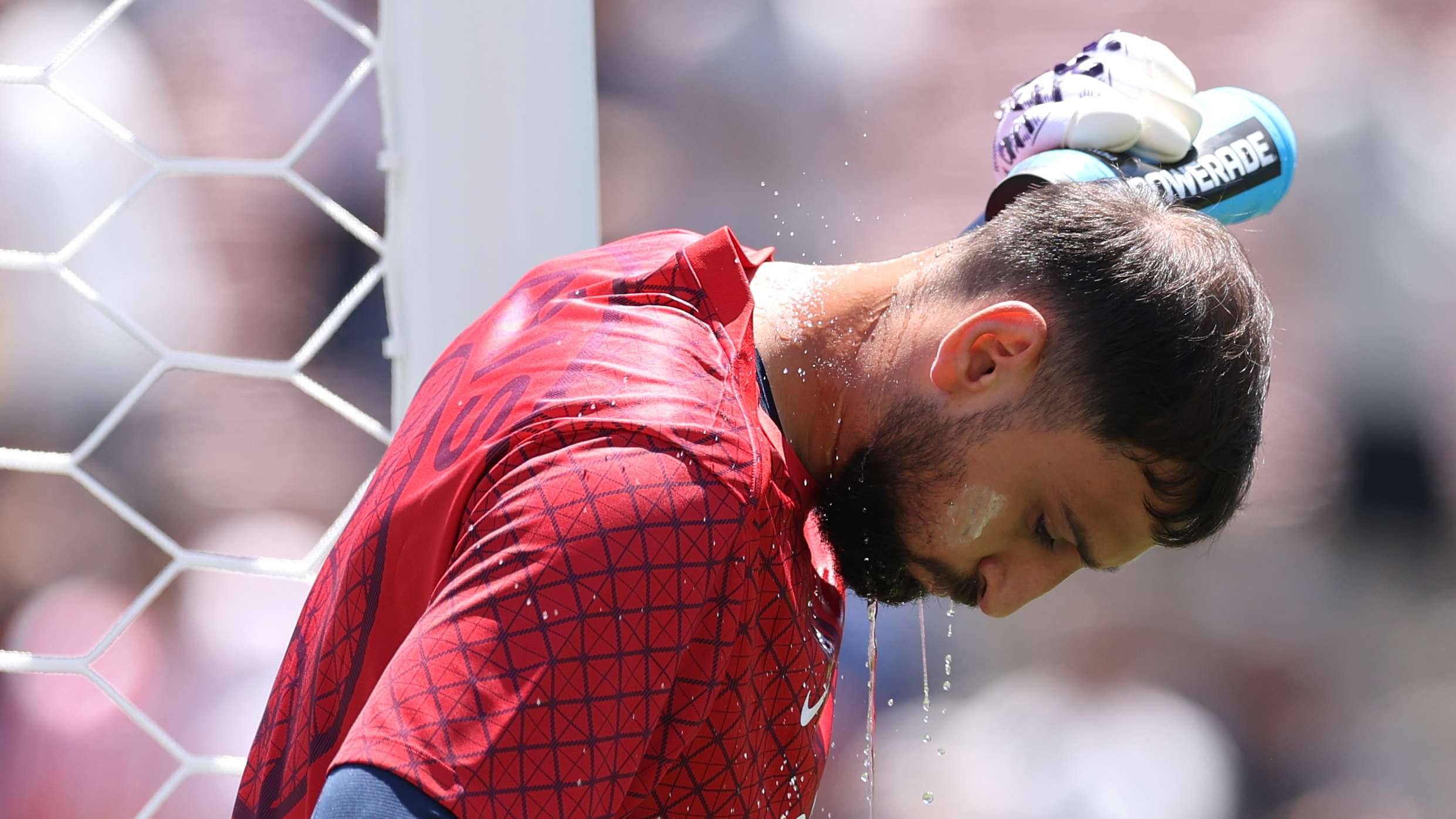
PSG FC v Club Atletico de Madrid: Group B – FIFA Club World Cup 2025
The 2025 Club World Cup is being staged across the United States during peak summer, bringing elite-level football to a country known for its varying but often extreme climates in July. FIFA’s decision to replicate the Champions League’s European evening slot by scheduling marquee games at noon on the west coast (3 p.m. on the east) has raised eyebrows—not just from coaches and players, but also from medical staff and performance analysts.
Atletico Madrid’s Marcos Llorente was another vocal critic, suggesting that the heat not only puts players at risk physically, but also detracts from the very product FIFA is trying to globalise. “You can’t expect us to give our best under these conditions,” he said. “We prepare for months, then come here and are asked to run under 40-degree heat. It’s not sustainable.”
More Challenges Ahead for Players
The warning signs are already there for other clubs preparing to take the field. Real Madrid and Al Hilal are set to clash in Miami—a city notorious for its humid summers—at 3:00 p.m. local time. Vinícius Jr., speaking to Real Madrid TV, offered a sobering assessment: “It’s very hot. The game is at 3:00 p.m. and we have to be prepared because it’s going to be very tough.”
Meanwhile, PSG will return to Pasadena for their second group-stage fixture against Brazilian side Botafogo. That match will take place at 6 p.m. local time, which should offer slightly more manageable conditions—but only slightly. Atletico Madrid, perhaps more fortunate, will travel north to Seattle, where the forecast predicts a far more forgiving 19°C.
A Balancing Act FIFA Must Rethink
The challenge for FIFA is clear. The organisation wants to grow the Club World Cup into a tournament that rivals the Champions League in prestige and reach. But doing so requires more than glamorous venues and big-name match-ups. It demands a structure that puts players’ performance and safety at the forefront.
If this edition is to serve as a blueprint for future tournaments, FIFA may need to revisit its priorities. Scheduling matches based on European primetime needs might boost television ratings in the short term—but at what cost? For players, managers, and fans attending in person, the experience is being soured by conditions that are simply too extreme for high-intensity football.
Luis Enrique’s warning might have followed a victory, but it carried the tone of someone concerned not just about the present, but the future of this ambitious project. If the world’s best players are to shine on a global stage, the stage itself must be fit for purpose. Otherwise, we risk watching them wilt under the pressure—quite literally.
Final Whistle: Heat Overshadows Historic Win
In another context, PSG’s 4-0 demolition of Atletico Madrid would have dominated headlines. Goals, dominance, and tactical brilliance—everything you’d expect from a team gunning for global silverware. But instead, the narrative has been hijacked by weather reports and player wellbeing.
The Club World Cup is supposed to be a showcase of world football’s elite. But for that promise to be fulfilled, FIFA must reckon with the realities of staging a summer tournament in climates that can break even the most conditioned athletes.
Until then, it won’t just be the opposition that players have to overcome—it’ll be the thermometer too.


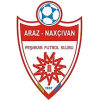
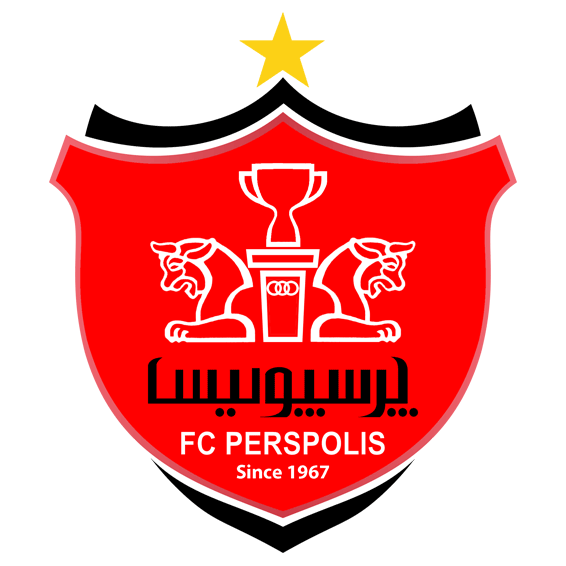
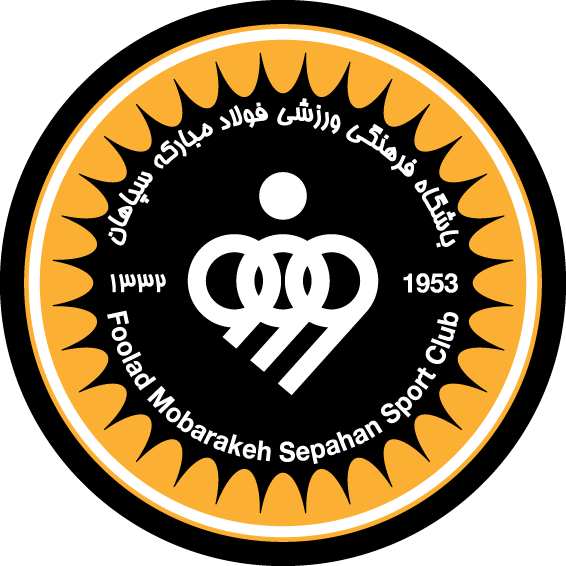
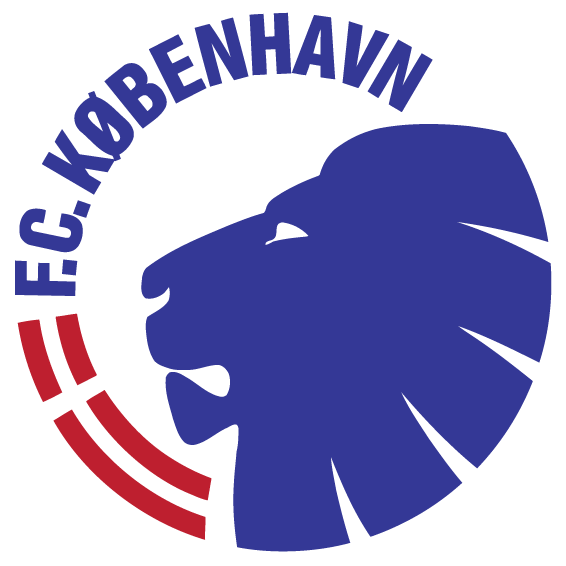


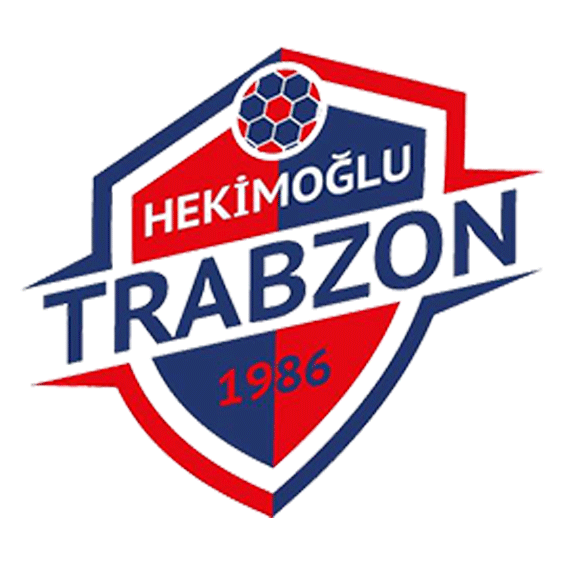

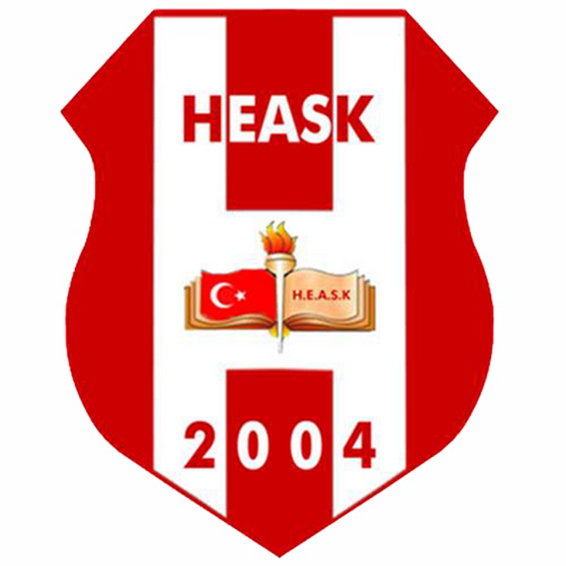
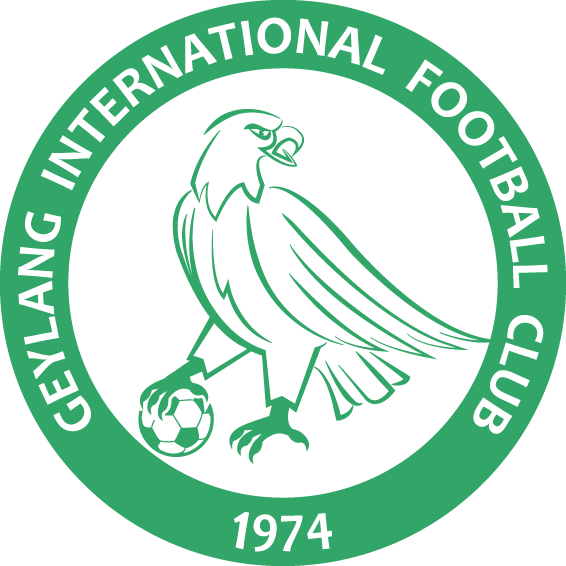

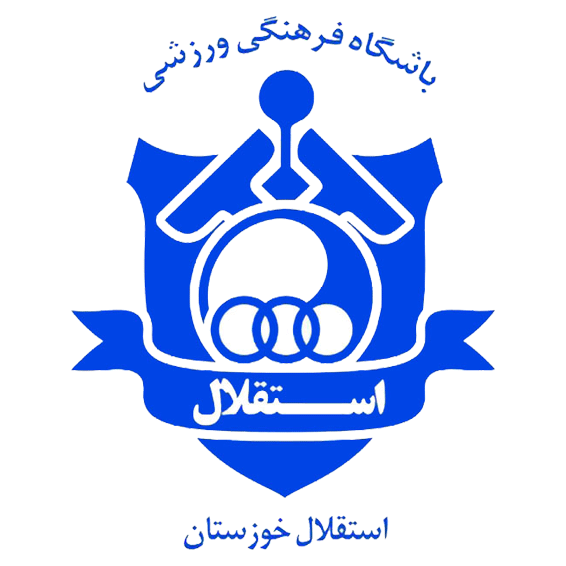

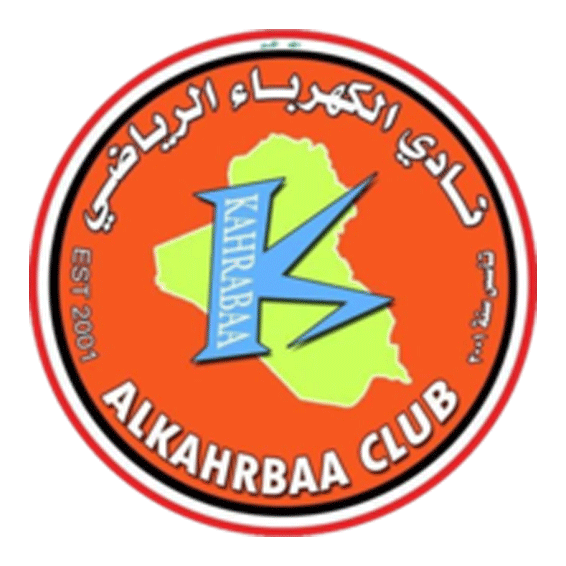

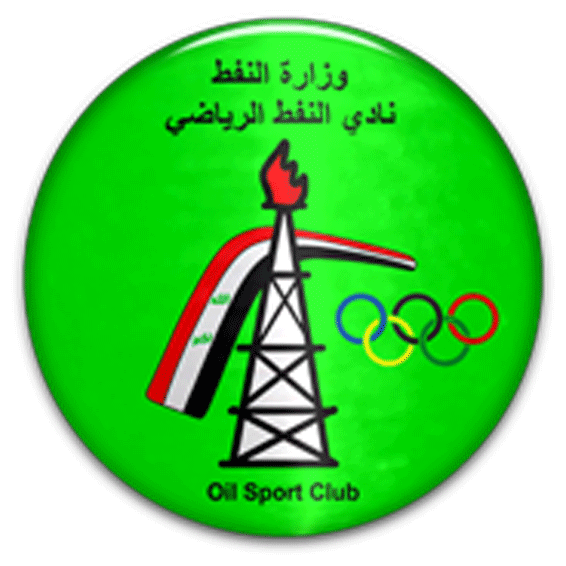
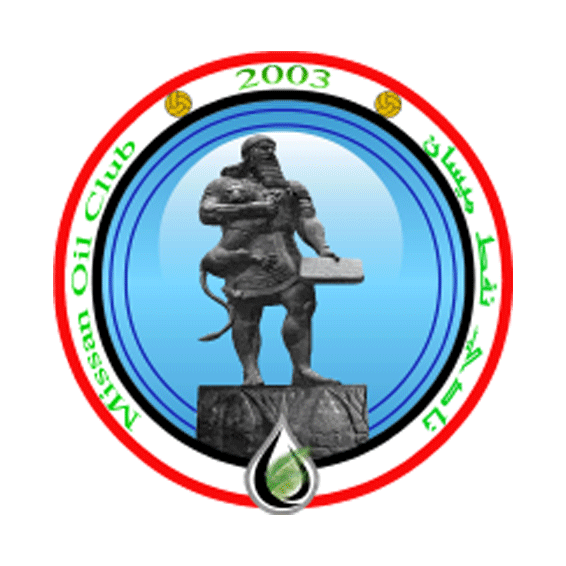
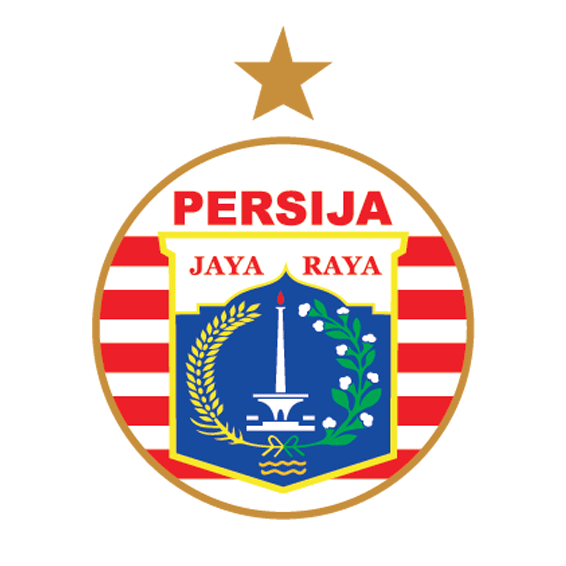
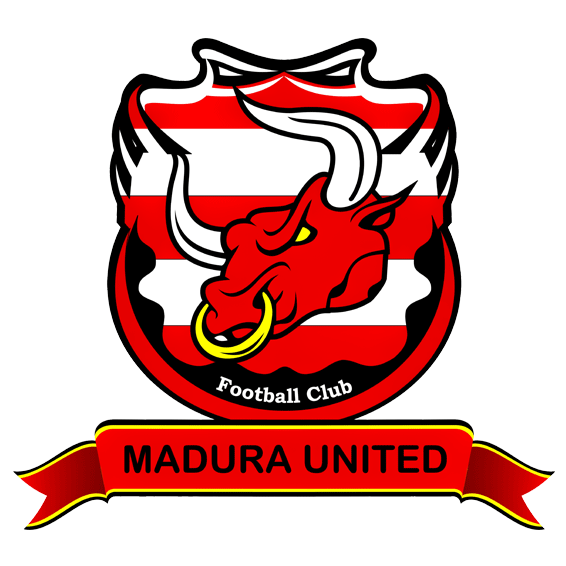
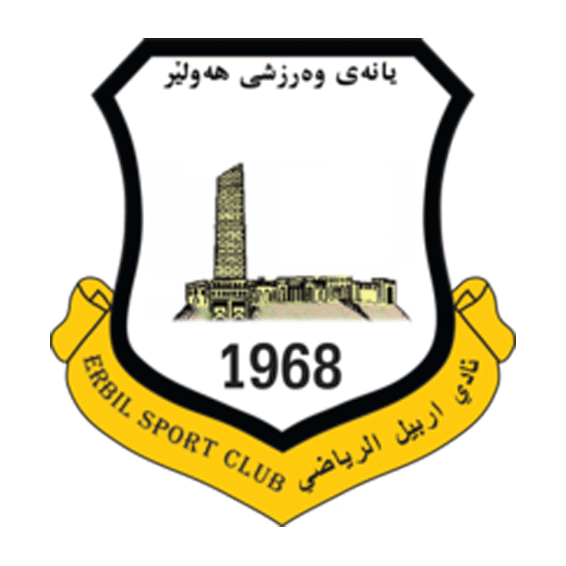
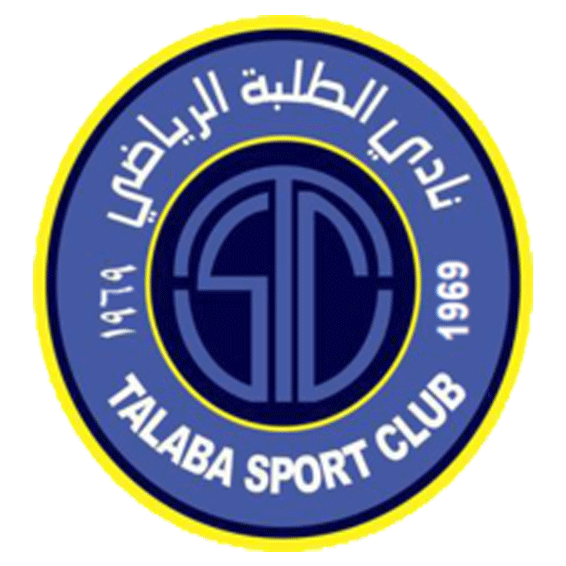
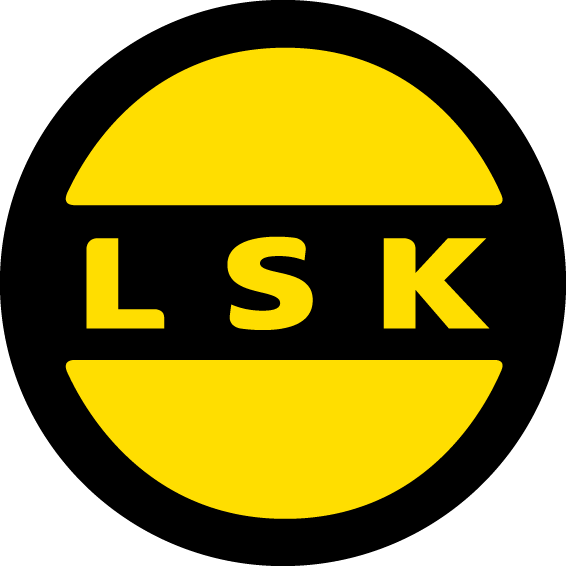
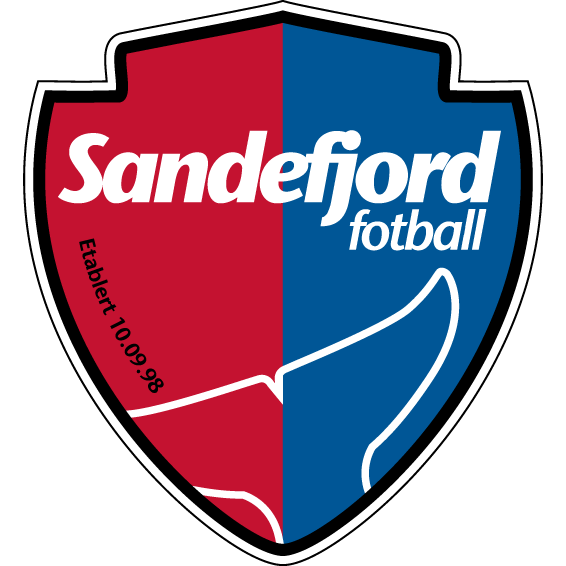


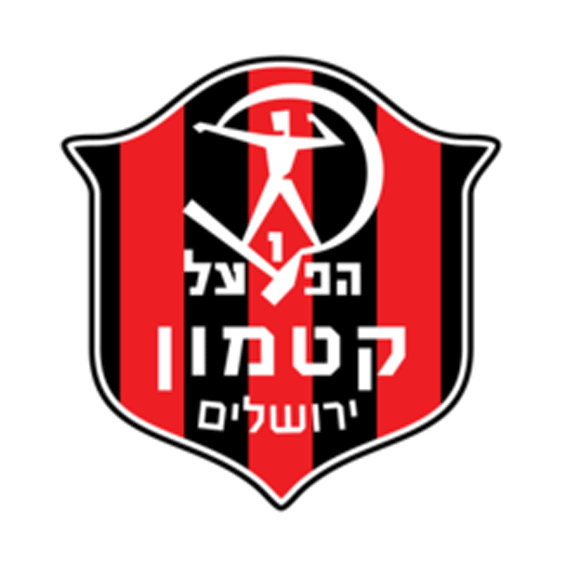
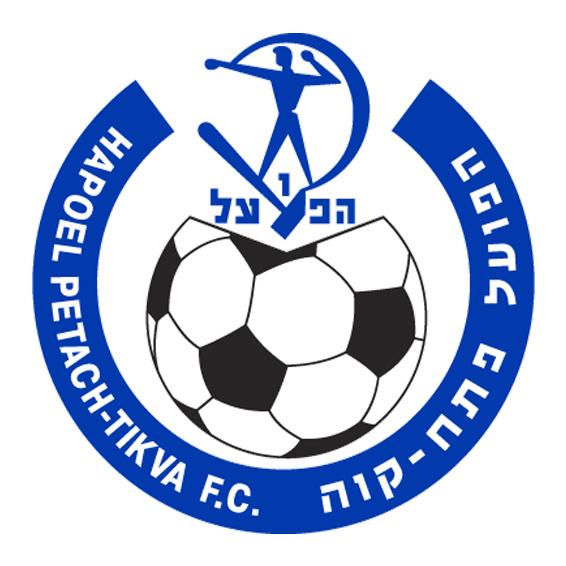
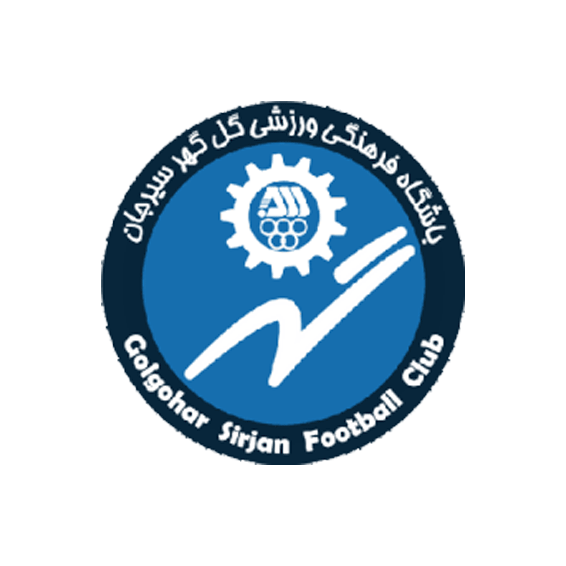
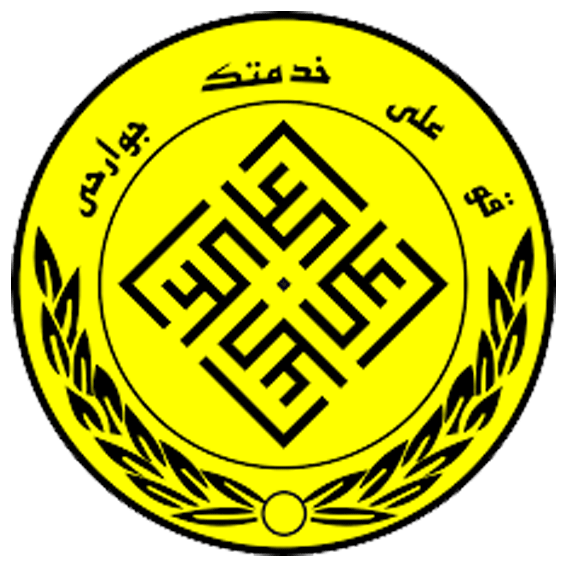

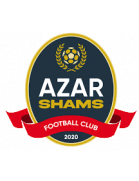

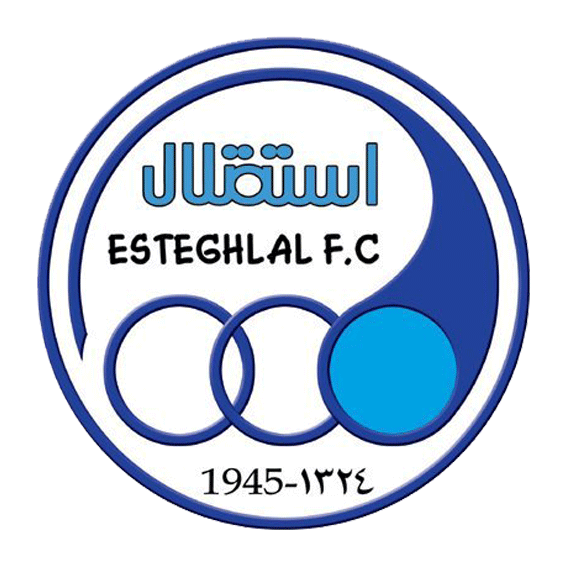
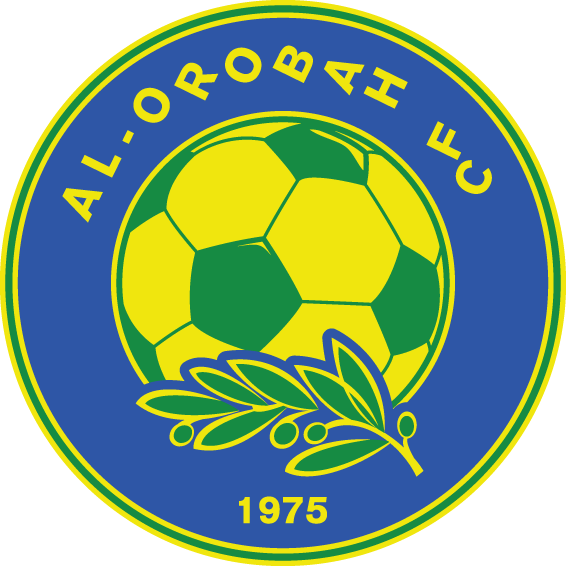
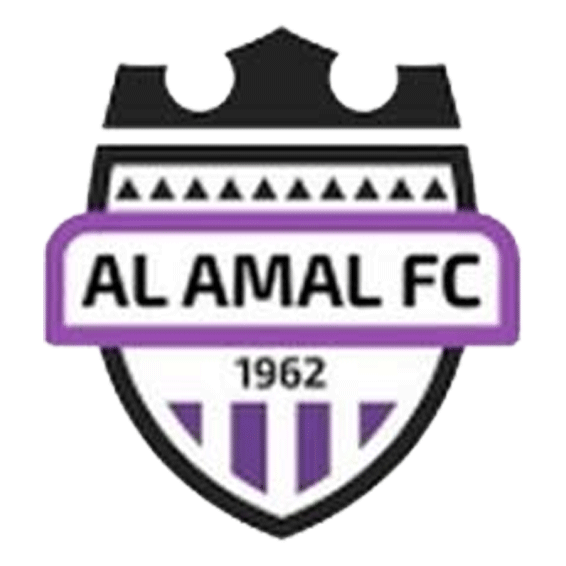





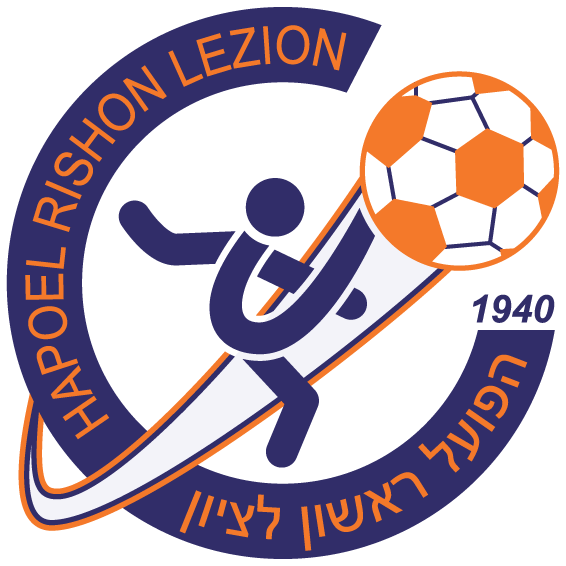

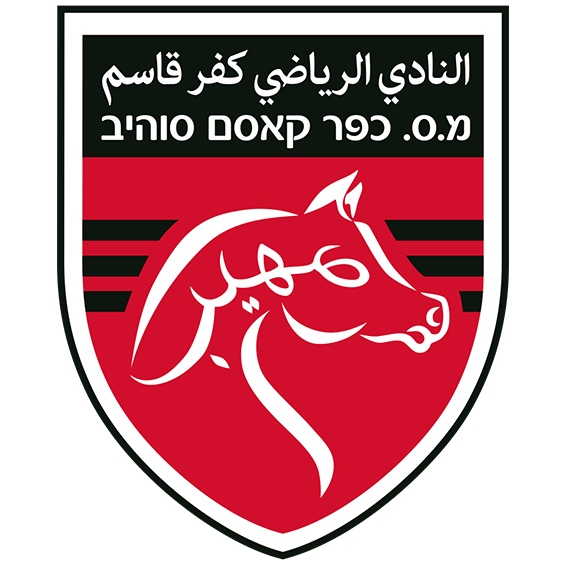
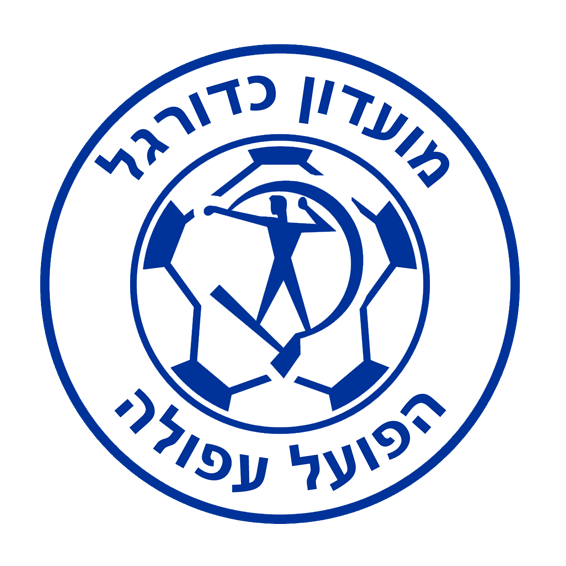

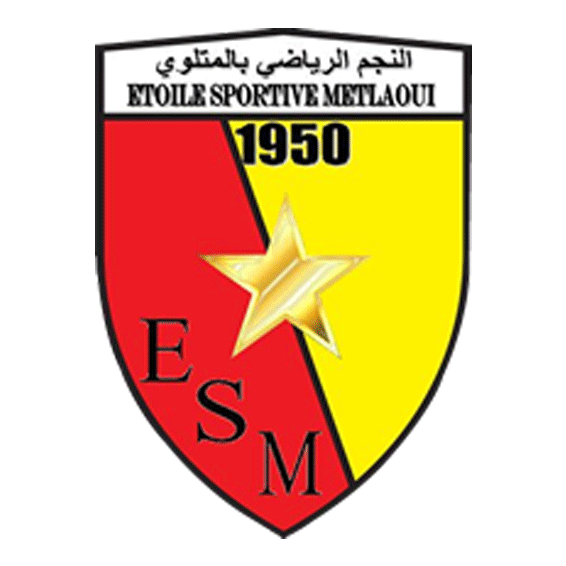
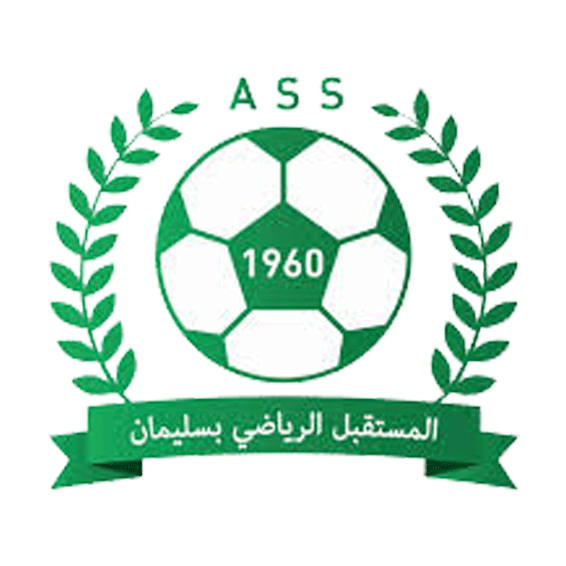

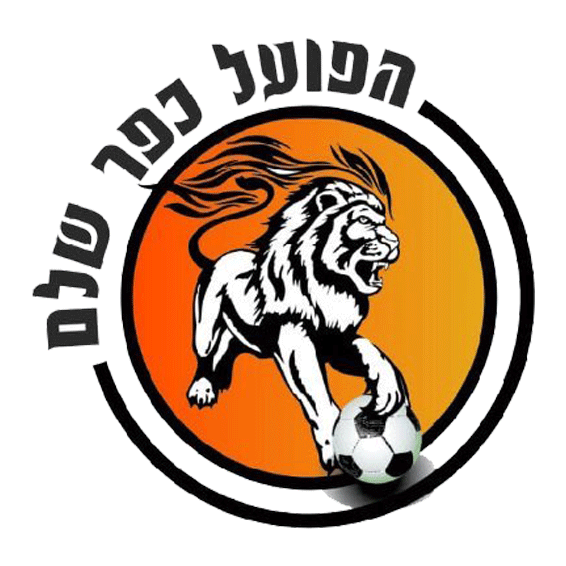
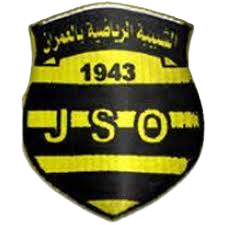

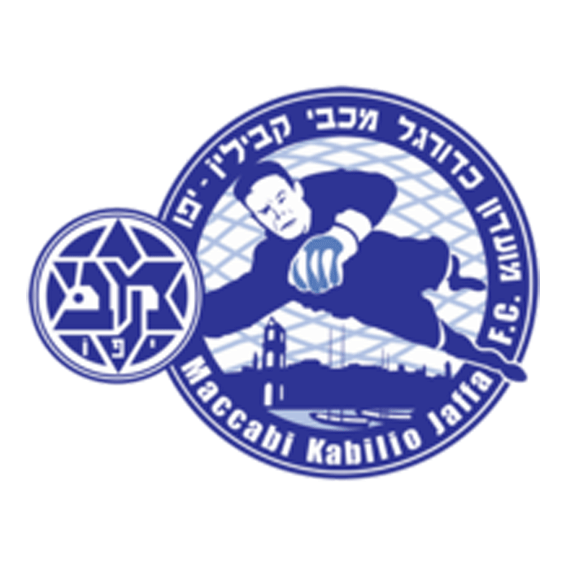
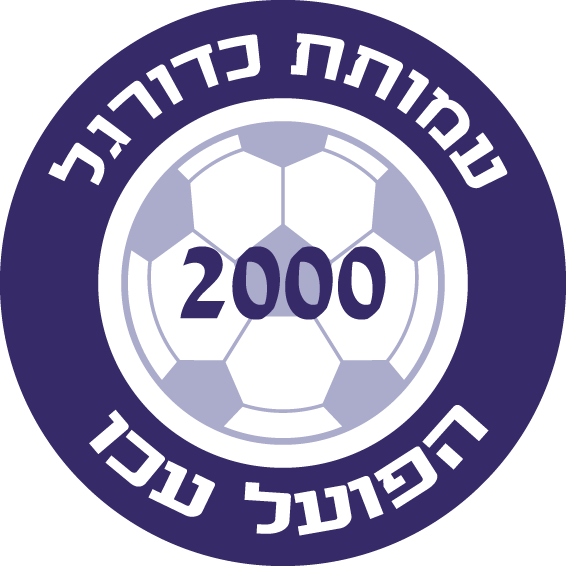
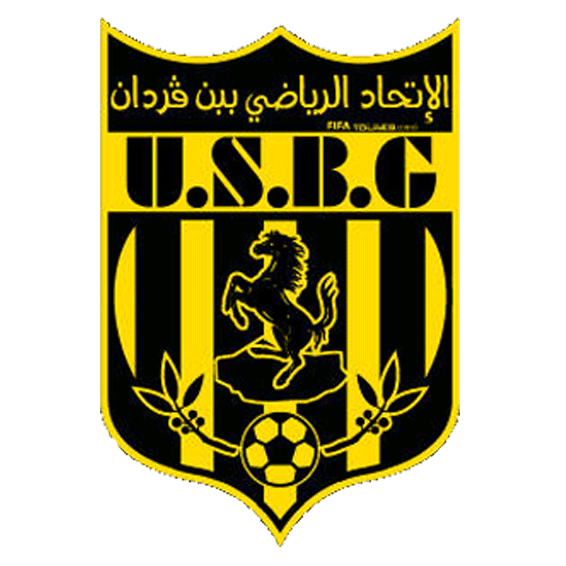

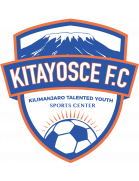
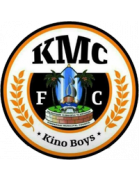
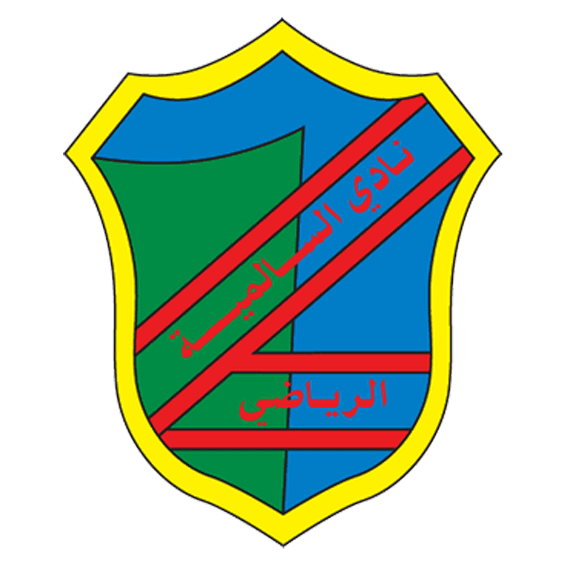
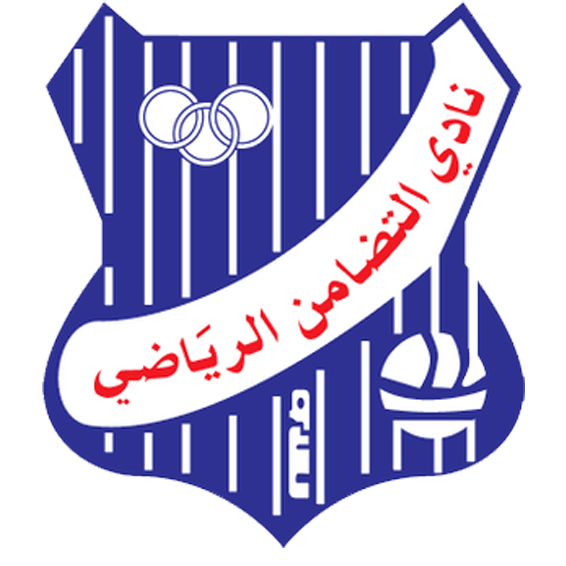
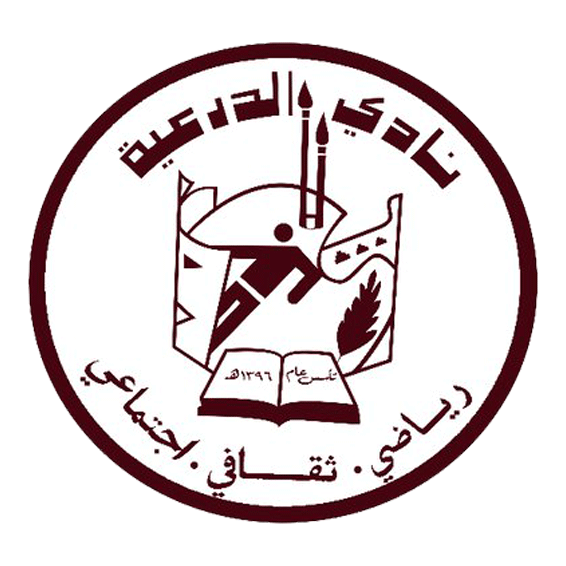

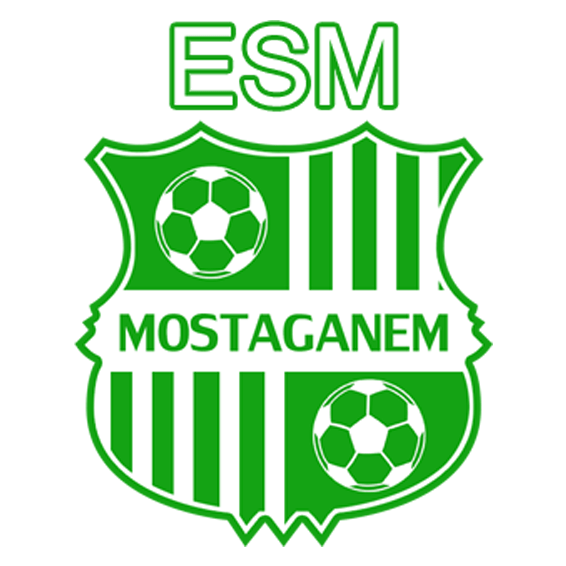
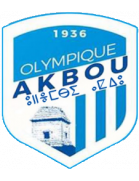

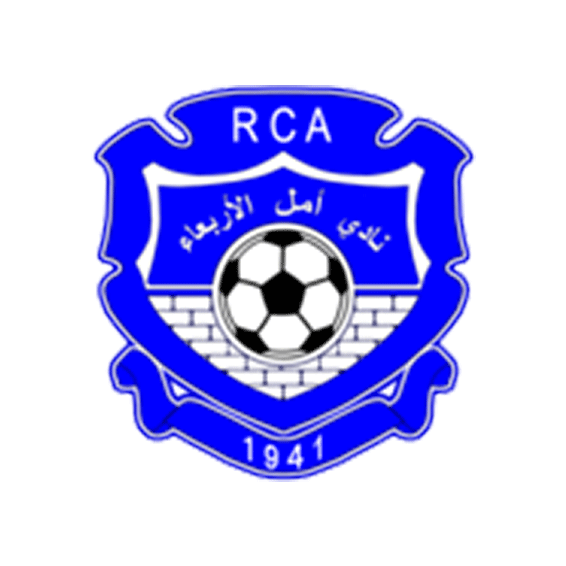
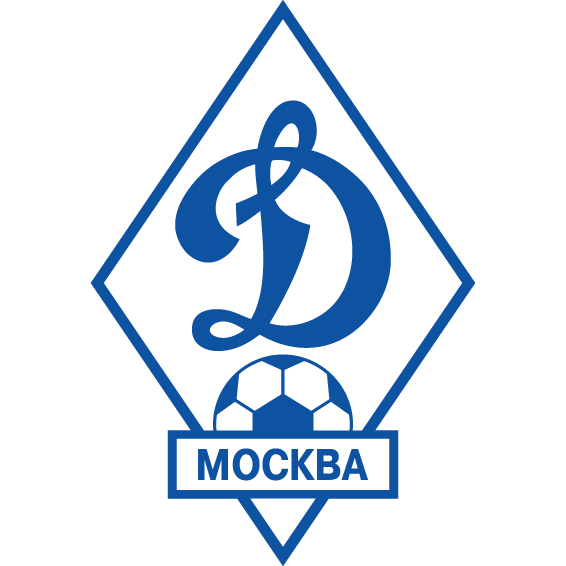



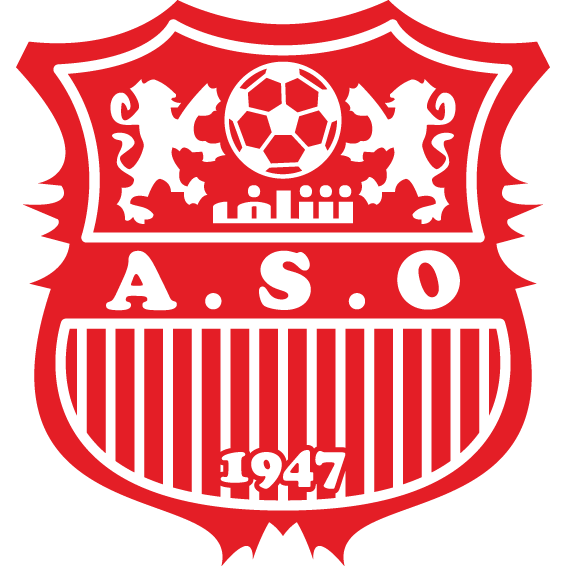
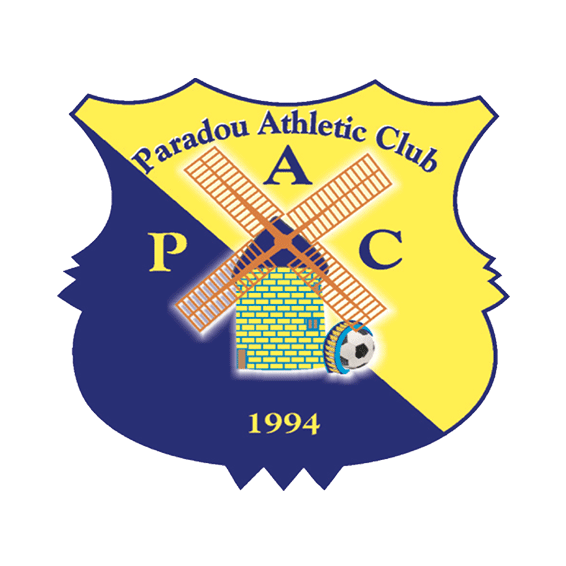
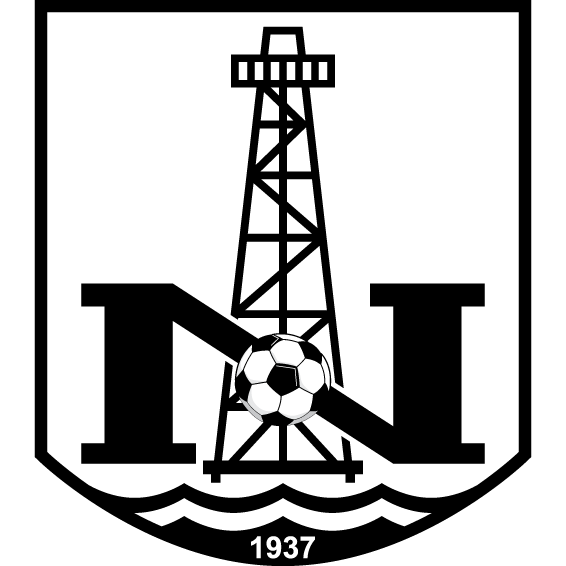
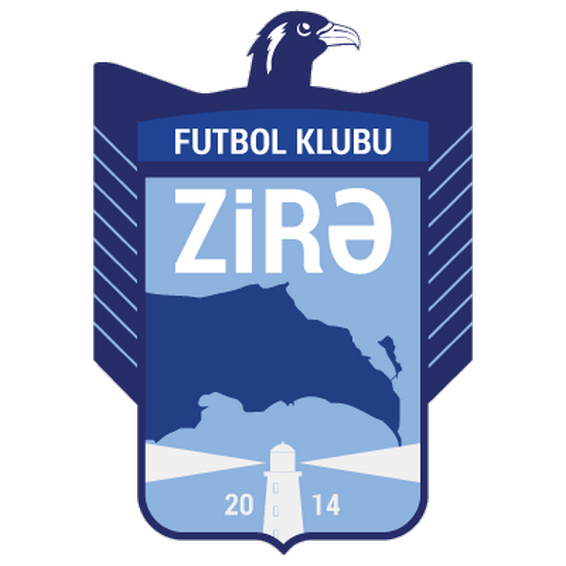
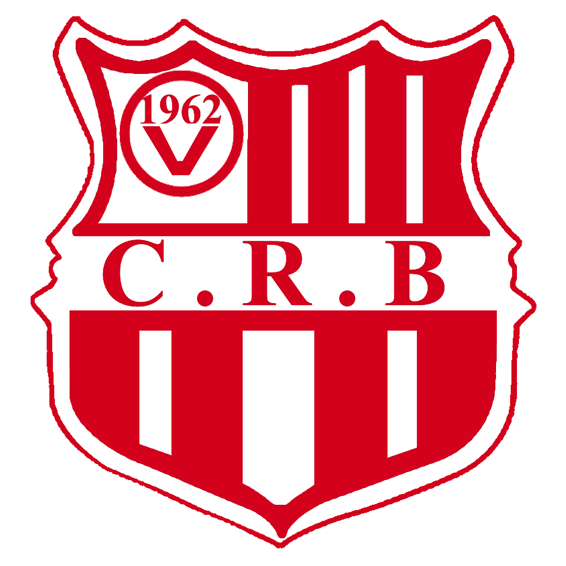
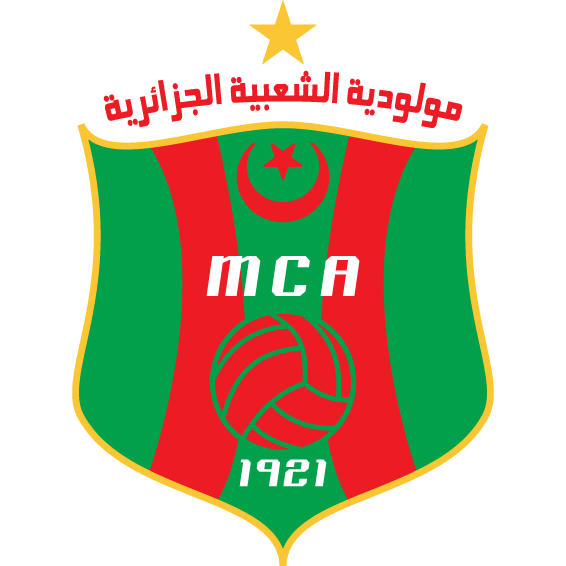


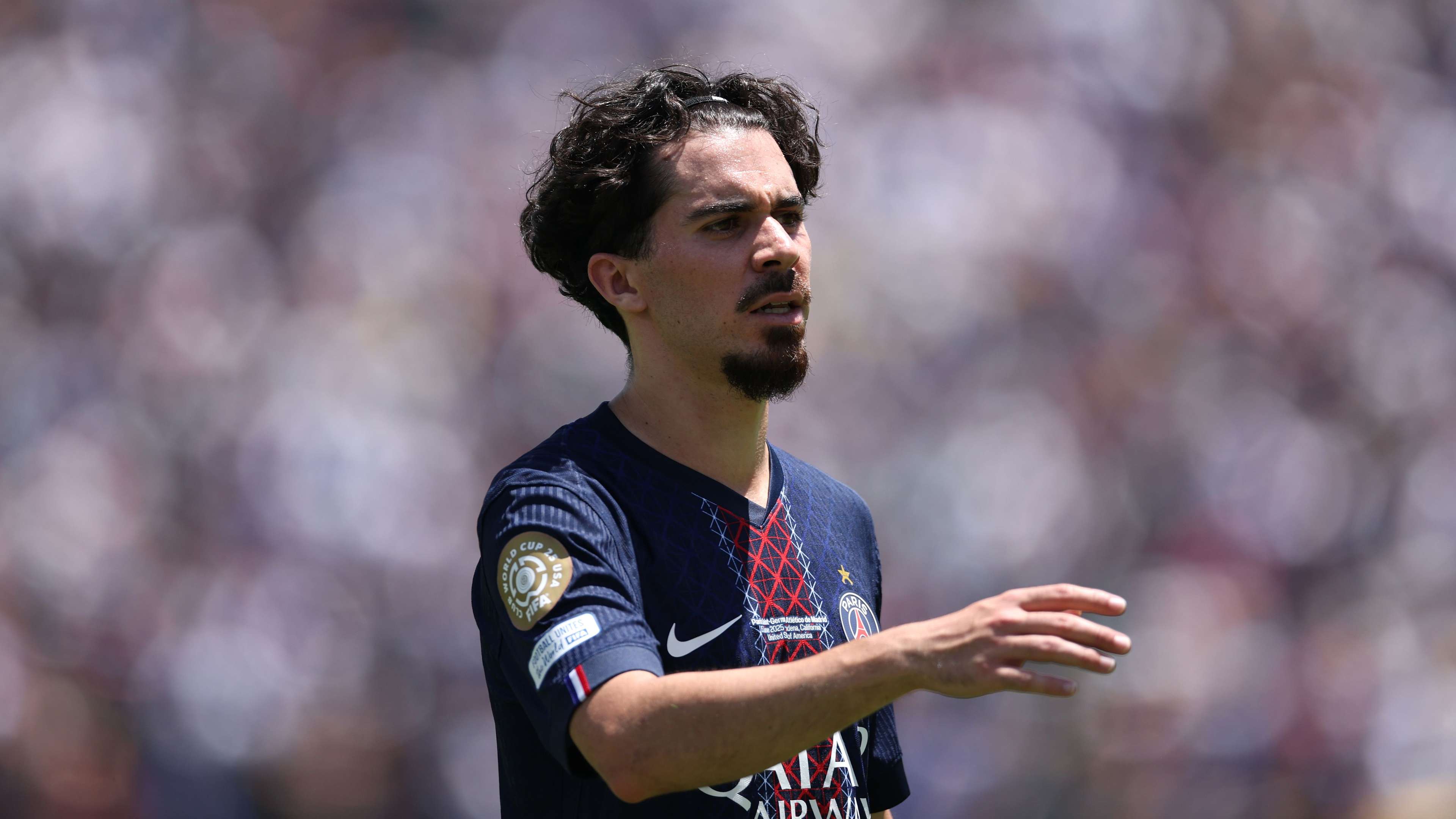























There are no comments yet. Be the first to comment!